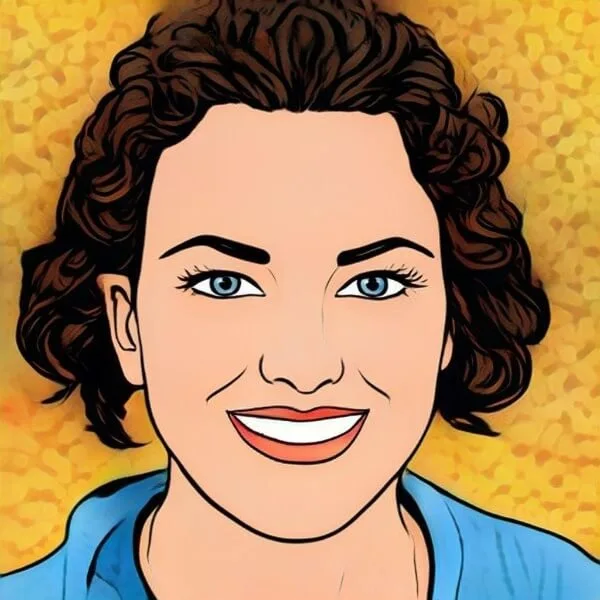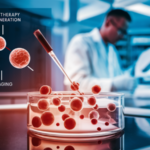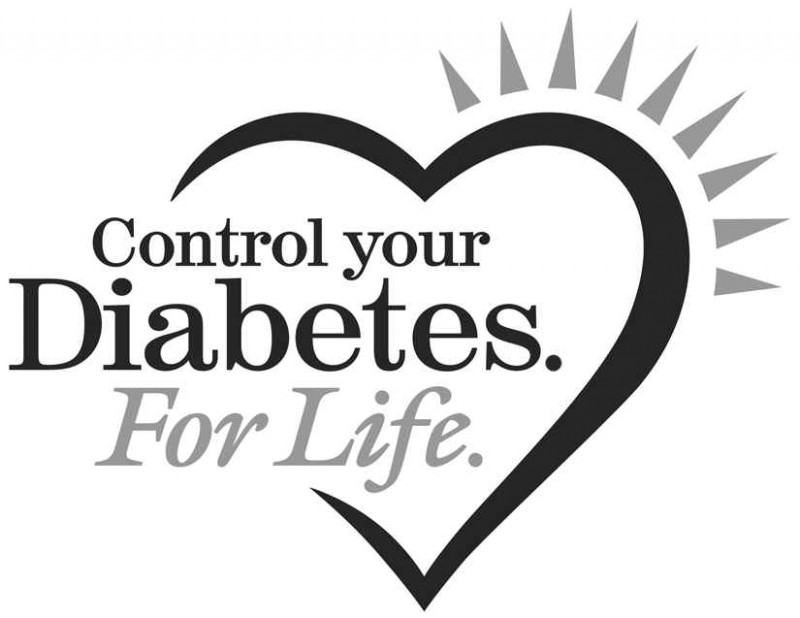Today, medicine already offers a lot of alternatives for couples with infertility problems. Infertility is usually considered after 1 year of unsuccessful spontaneous pregnancy attempts in women up to 35 years of age.
Infertility treatments are done by checking the causes of infertility that can be observed through basic fertility research. This research should be done by the human reproduction specialist and may have the collaboration of a gynecologist and urologist. Look for best IVF centre in Delhi.
In some cases, the simple treatment of some complications in the health of the couple already solves the problem. However, some couples need to do other treatments in human reproduction clinics, such as assisted conception techniques. See which treatments can help couples who are difficult to conceive:

Ovulation induction
If the investigation indicated problems in ovulation or polycystic ovarian syndrome, ovulation induction must be done. In this treatment, the administration of medicines stimulates the production of ovules by the ovary in the right period. This treatment is part of in vitro fertilization techniques, ICSI and intrauterine insemination and should be controlled so that there are no multiple gestations.
In vitro fertilization
This technique of assisted conception, also known as IVF and formerly known as a “test tube baby”, consists of the removal of ova from the ovary and the spermatozoa obtained by masturbation for in vitro fertilization. After formation of the embryos, a maximum of three eggs is transferred to the uterine cavity.
ICSI
ICSI is a variation of IVF and today it is even more used than in vitro fertilization, because its results are better. This technique consists of injecting a spermatozoon into an ovum by means of micromanipulation. The transfer of the embryos to the uterus occurs in the same way as in IVF.
Read more at Elawoman .

Alina Smith is a health blog author with an interest in the intersection of wellness and mental health. She’s worked as a writer, editor, and communications specialist for various healthcare organizations. Alina has also led projects to improve access to care for underserved populations in both rural and urban settings.










